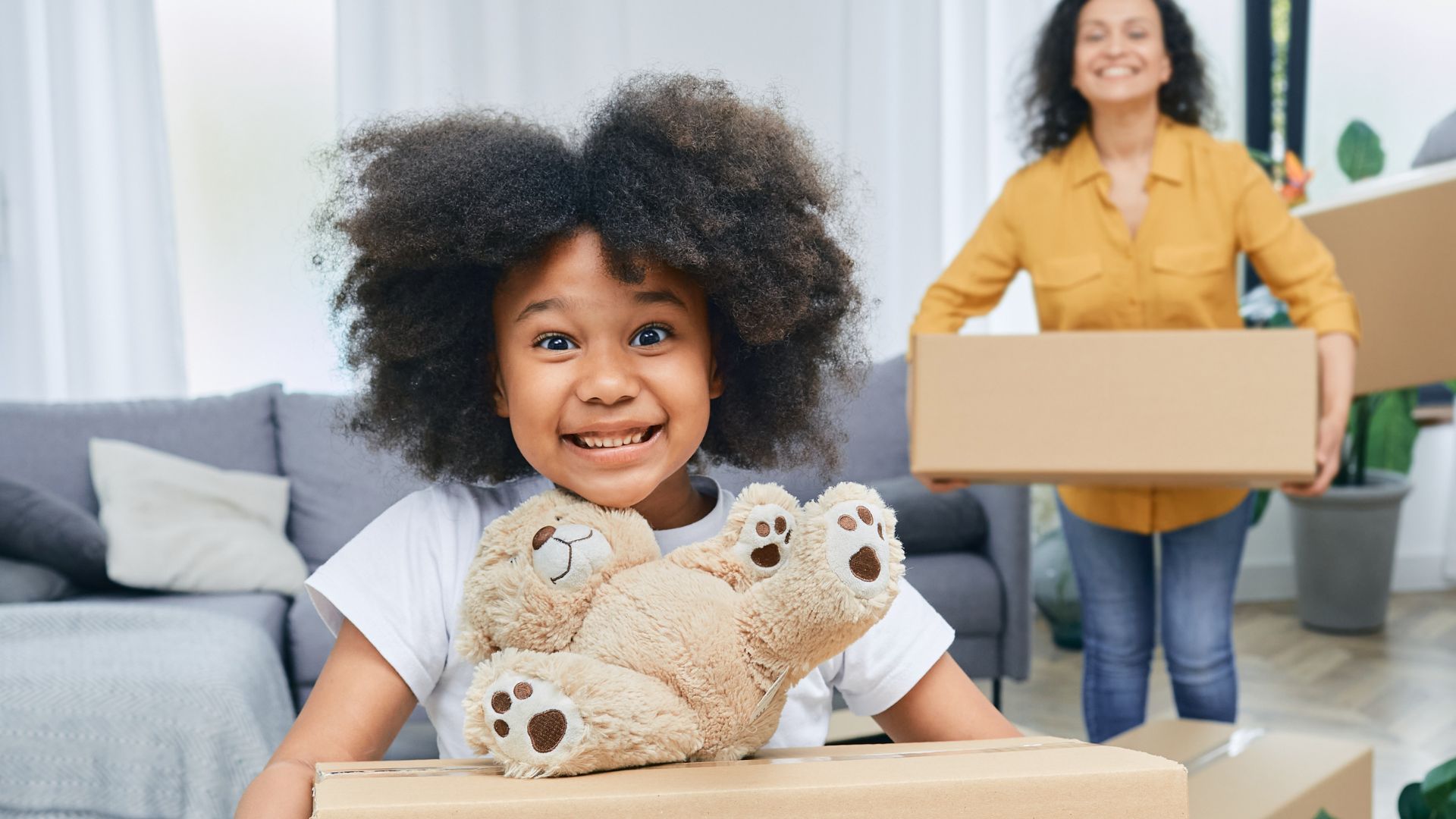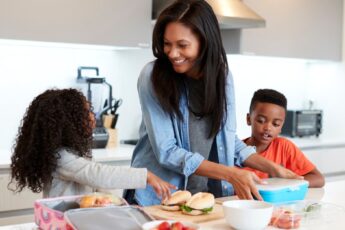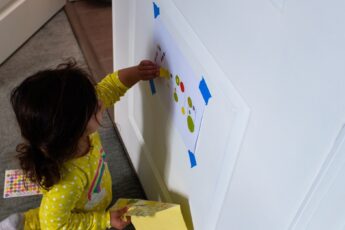We all share this beautiful world—people, plants, and animals—so we have to take care of it to keep our planet healthy for everyone inhabiting it. Learning how to reduce your eco-footprint at a young age, makes it easier to turn these tasks into lifelong habits. Check out our list below for some of the easiest ways to teach kids to be eco-friendly.
Reimagine Transportation
Rather than drive everywhere, consider walking or going for a bike ride. This saves gas and gives your child the perfect opportunity to burn off some excess energy. While walking or biking, you can tell each other about the wild animals and insects you see—showing your child there is beauty in the natural world!
Tip
If your destination is too far—or there aren’t any safe walking paths along your route—consider taking public transportation or carpooling, if you plan to travel with a group.
Buy Locally
The farmer’s market is great for buying fresh food, flowers, and items crafted by local artisans. When it comes to food, you can get a variety of things ranging from produce to baked goods, depending on which vendors attend. By purchasing your groceries and other necessities at these events, you reduce your carbon footprint—as many big-name grocery stores supply themselves with items needing to be shipped in from hundreds of miles away. Plus, local farmers often use fewer pesticides and other chemicals when planting and growing their food.
Donate Old Items
Even going through your wardrobe can help our planet flourish, as there are various environmental benefits of donating. By bringing books, old clothing, decorations, toys, and other items to a charity, you prevent them from ending up in a landfill. Donating old clothes is especially important because the fashion industry tends to expel a large amount of carbon emissions and waste gallons of fresh water, harming the environment.
Start Gardening
Gardening is a great way to teach kids to be eco-friendly. There are all sorts of creative liberties you can take! You can plant a flower garden with bright pops of color. Or, have a garden with your favorite fruits and veggies. Both options add plants to our world and can help get children interested in the planet.
The Three Rs
Follow the three Rs—Reduce, Reuse, and Recycle—with old belongings. You should have separate bins for recycled goods and trash. Label your containers with a small graphic to help them sort items into proper bins.
Likewise, you can turn off the lights in any unoccupied room to reduce your electricity usage. Modeling these habits early will guarantee they utilize them later in life.








Leave a Reply